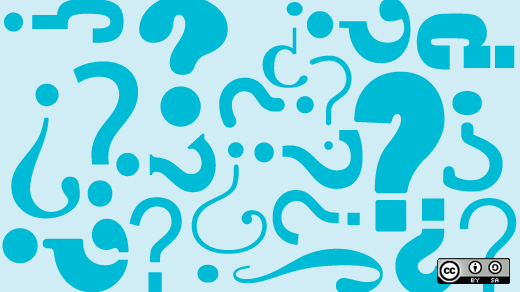Programming languages never die, they just fade into obscurity. But some don't even do that. Some languages seem to stand the test of time, or at the very least, are still in broad enough use to require new developers to learn them just to keep existing software maintained and functional. And some are still really thriving even many years later!
The definition of an "older" language is a little fuzzy. For many developers, the languages they are working with were created before they were born. For the purposes of this poll, we selected a few popular languages from Wikipedia's History of programming languages article and selected the somewhat arbitrary cutoff of needing to have been created prior to 1980.
Some of these languages have evolved, and other have even spawned new related languages. But the common thread that holds them together is that each is now over a third of a century in age, and for better or for worse, someone out there is still using them in some way.
So we ask you, the open source developers amongst us, which older language are you still using the most? And if you're using an older language not included here, please let us know what it is in the comments, and why you love it (or, perhaps, why you don't but are still stuck with it).






21 Comments